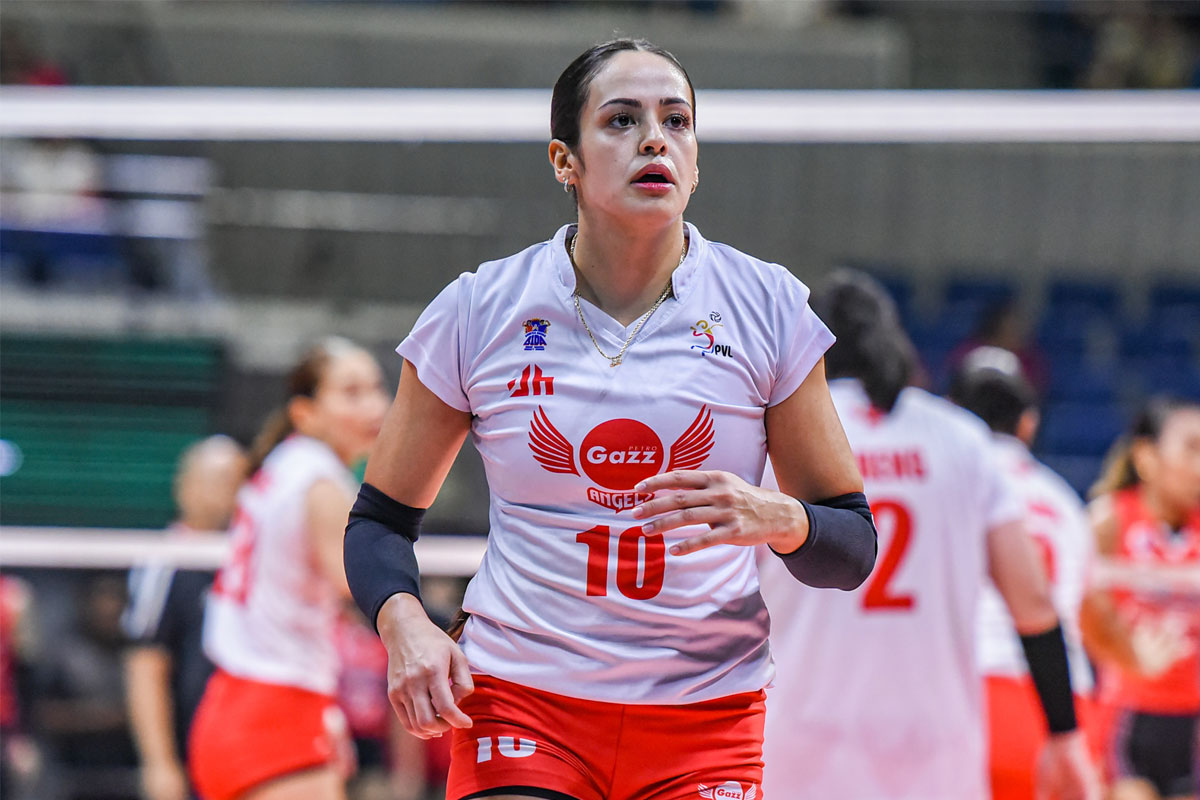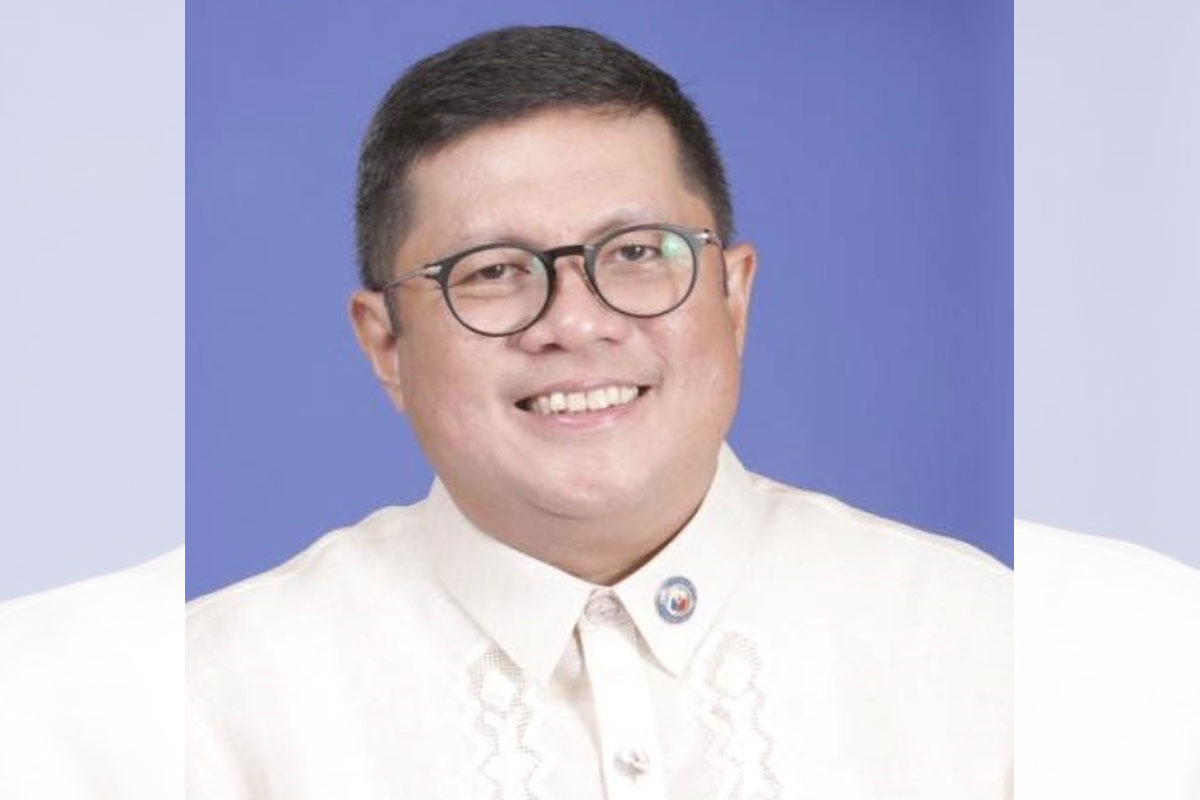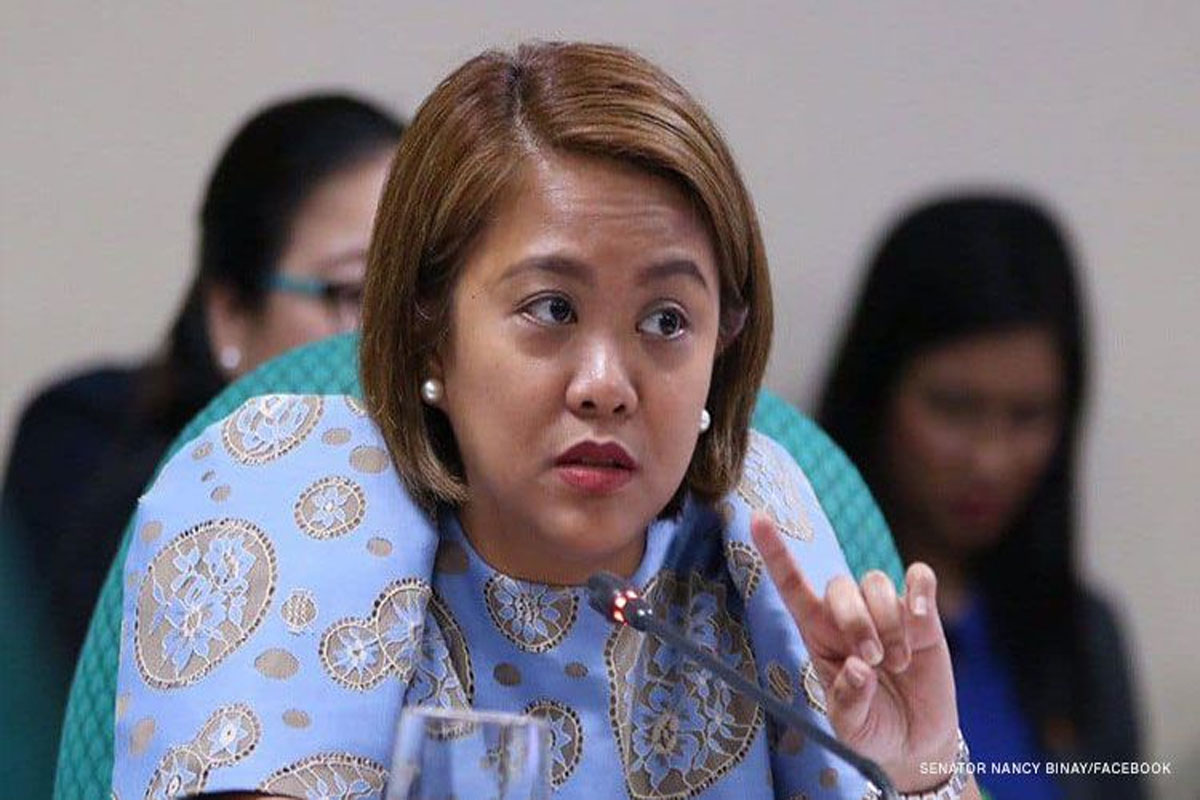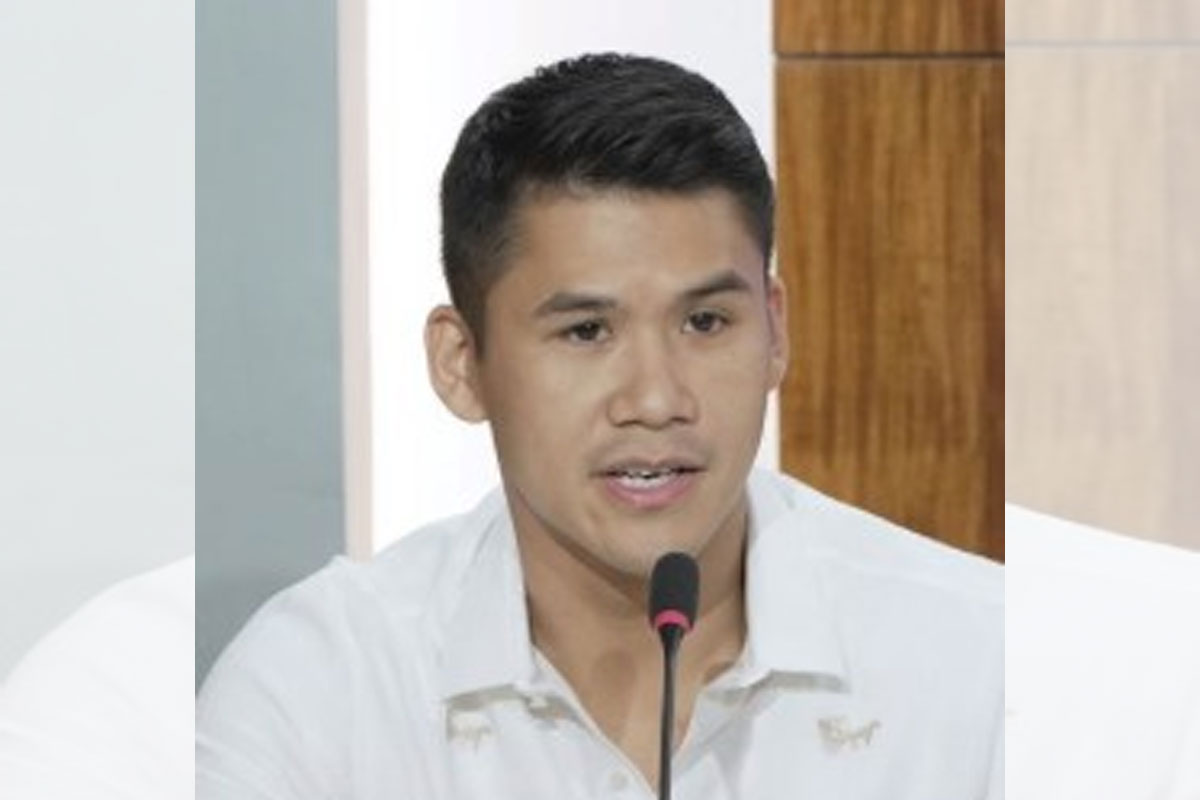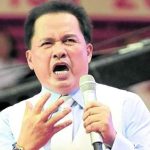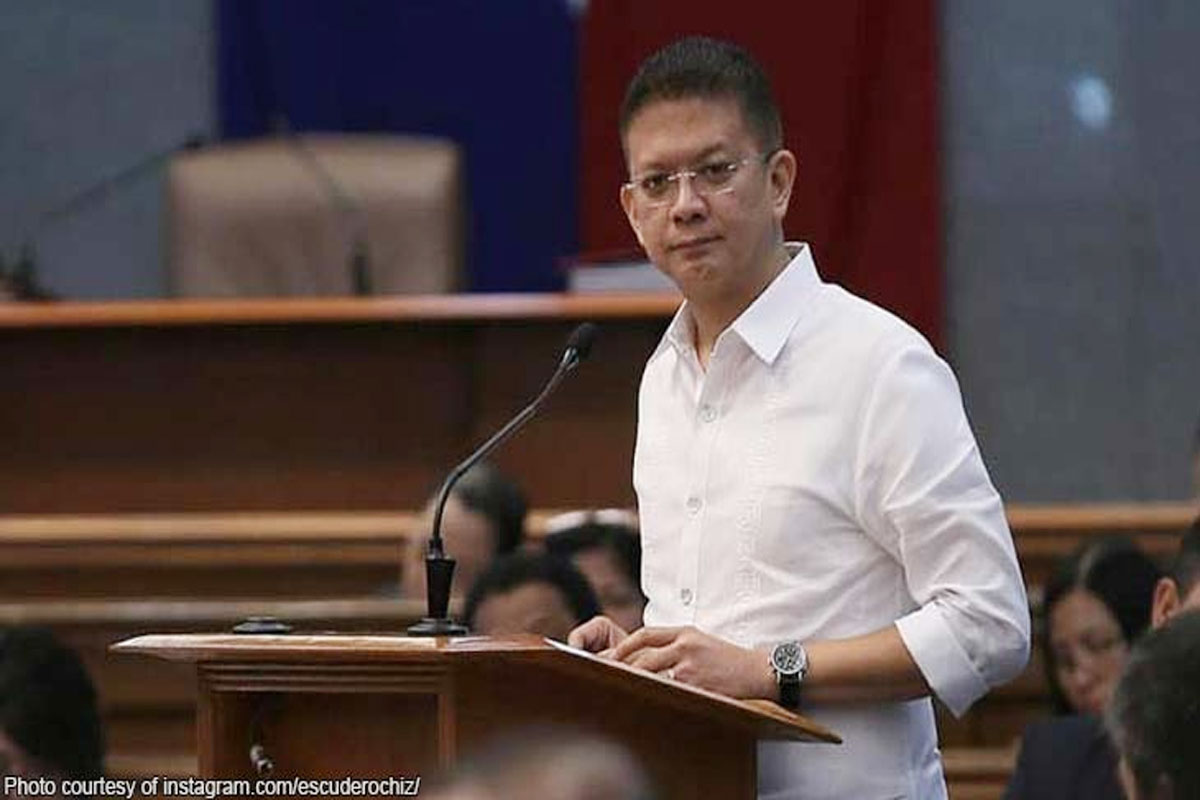
Swift signing of 4 education laws to boost higher learning
SENATOR Francis Chiz Escudero thanked President Ferdinand “Bongbong” Marcos Jr. for the expeditious signing of four laws meant to boost the education sector, including the establishment of another medical school in Northern Luzon.
“I thank President Marcos for his expeditious action on our bills. Malaking bagay ang mga bagong batas na naipasa upang patuloy natin na mapalakas ang sistema ng edukasyon sa bansa,” said Escudero, who chairs the Committee on Higher, Technical and Vocational Education.
The four laws signed by the President on Feb. 15 covered four state-run higher educational institutions, namely, Pampanga State Agricultural University (PSAU), Don Mariano Marcos Memorial State University (DMMMSU), Polytechnic University of the Philippines (PUP), and the Bulacan State University (BulSu).
Under Republic Act (RA) 11978 the DMMMSU is now allowed to establish a College of Medicine at the university’s La Union Campus in the municipality of Agoo. It will primarily offer a Doctor of Medicine program, including an Integrated Liberal Arts and Medicine Program.
The program will consist of basic science and clinical courses using a learner-centered, competency-based and community-oriented approach to develop “a corps of professional physicians to strengthen the healthcare system of the country.”
RA 11977 established the PSAU Campus in the town of Floridablanca, with a mandate to offer short-term, technical-vocational, undergraduate and graduate courses while RA 11979 converted the PUP campus in Parañaque City into a regular campus that will offer short-term, technical-vocational, undergraduate and graduate courses within its areas of competency and specialization.
Both the PUP Parañaque City Campus and the PSAU Floridablanca Campus will be headed by an administrator to be appointed by the universities’ respective boards.
Meanwhile, RA 11980 revised the university charter of BulSu to expand the institution’s curricular offerings and the composition and powers of its governing board and encouraging the specialization of its constituent units.



